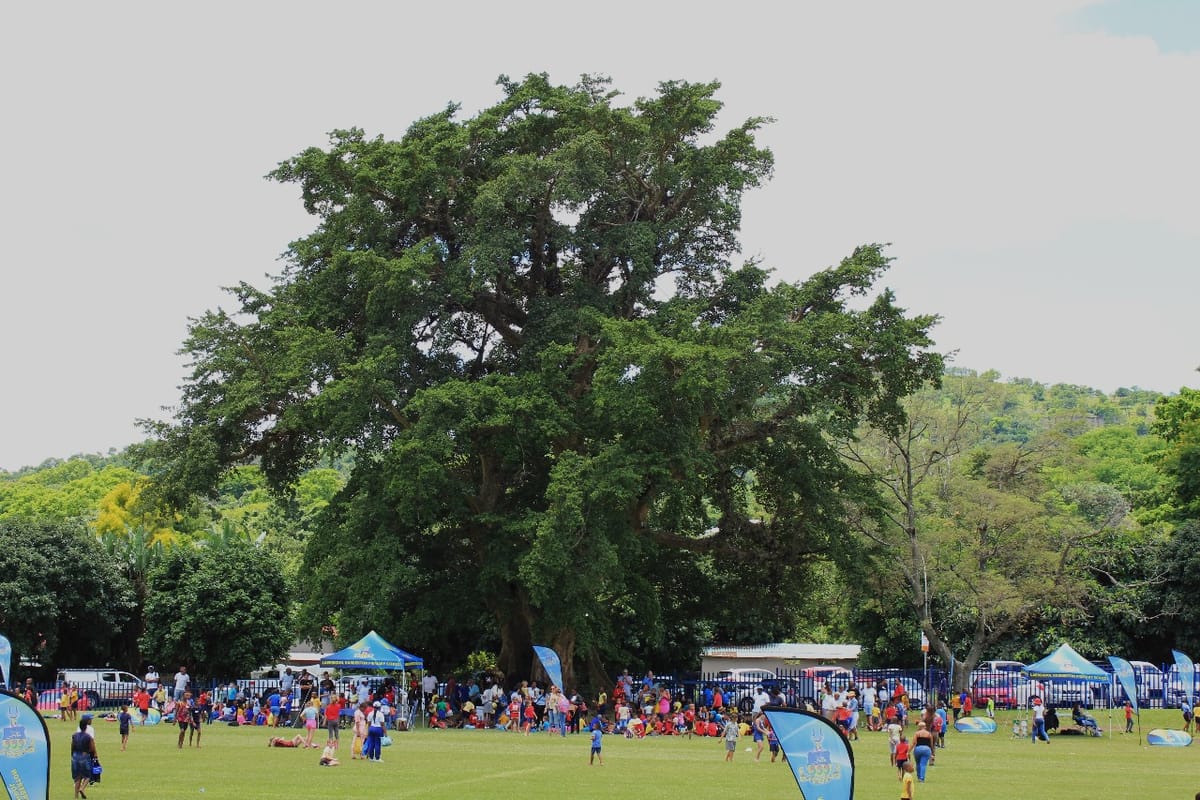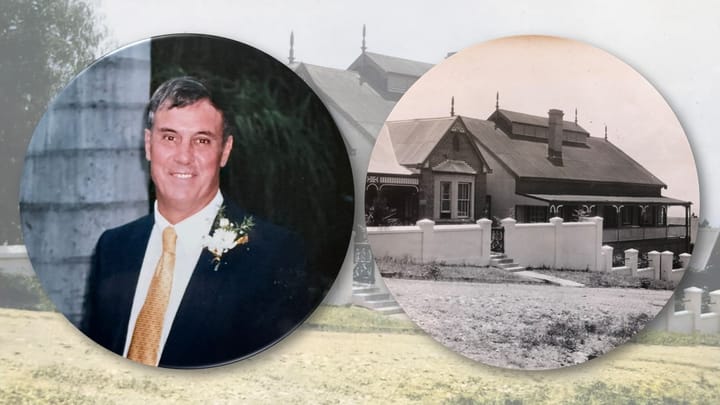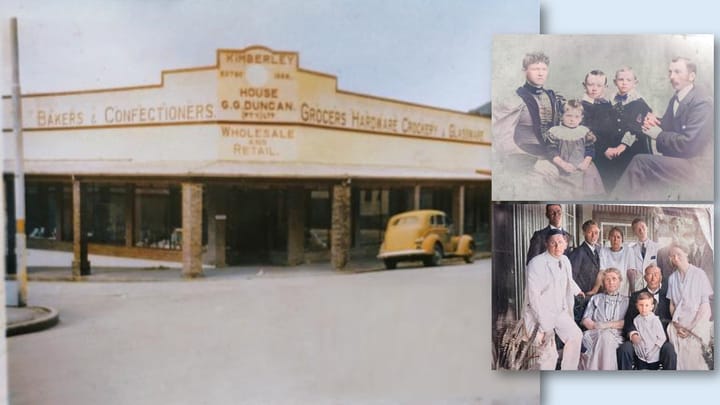Oom Paul Kruger’s calm-under-fire visit to the goldfields
President Paul Kruger's visit became one of the town’s most talked‑about moments in history.


When Barberton exploded into life during the mid‑1880s gold rush, its rough‑and‑ready diggers and restless prospectors had as many grievances as they had dreams. Into this volatility stepped President Paul Kruger, Oom Paul, on an inspection tour of the De Kaap goldfields.
Local histories place his visit in the mid‑1880s: some record 1885, others 1886. Either way, his stop in Barberton became one of the town’s most talked‑about moments, a rare face‑to‑face between a conservative Boer republic and its rowdy, mostly uitlander mining camp.
Gold finds in 1884 transformed the De Kaap valley almost overnight. Camps like Moodies and Eureka City sprang up. Barberton itself was proclaimed in July 1884 and roared into a boomtown. The Golden Quarry at Sheba (discovered in 1885) and surrounding reefs drew hundreds up the steep slopes. Claims, licences and proclamations arrived with equal speed and controversy.

Disputes over how the fields were proclaimed and administered had soured relations between miners and the Transvaal government. On his way to Barberton, Kruger reportedly received a strongly worded letter of grievances at Kaapschehoop. Expecting trouble, he pressed on regardless, determined to hear the complaints firsthand and assert the Republic’s authority without inflaming tempers.
Historic accounts agree on the choreography: Kruger attended a church service the Sunday after his arrival, setting a sober tone. On Monday he received delegations of diggers, who aired their concerns about claim sizes, pegging rules, licence fees and the manner of proclamations. The feared confrontation never erupted. By hearing the miners out and by promising to address abuses through official channels, Kruger reportedly “forestalled” the unrest.
Barberton’s hotels were packed during the rush, and tradition holds that Kruger was entertained at the Phoenix Hotel after his meetings with the diggers. Whether over tea or tougher spirits, the message was clear: Barberton expected to be heard. The President’s visit gave the town exactly that, attention at the highest level, even if it did not resolve every dispute.
Kruger’s Barberton stop became part of local lore because it symbolised a larger tension that would define the next decade: how a small republic would govern a flood of foreign miners and capital. Within a few years, the even bigger Witwatersrand discovery would shift the centre of gravity to Johannesburg, but Barberton was the first Transvaal goldfield a sitting President visited, a proving ground for the politics of gold.
Kruger’s name later attached to Lowveld legends like the “Kruger Millions” (a Boer War tale from 1900), but his Barberton visit predated that saga by well over a decade. In Barberton memory, Oom Paul’s stop is remembered less for spectacle than for statecraft. A President cooling tempers in a town where gold, rum and rumour could easily set them alight.

• 𝙵𝚘𝚛 𝚜𝚝𝚘𝚛𝚢 𝚜𝚞𝚋𝚖𝚒𝚜𝚜𝚒𝚘𝚗𝚜 𝚘𝚛 𝚛𝚎𝚟𝚒𝚎𝚠𝚜, 𝚌𝚘𝚗𝚝𝚊𝚌t Lynette 𝚟𝚒𝚊 𝚎𝚖𝚊𝚒𝚕 (editor@dekaapecho.co.za).
• 𝙵𝚘𝚛 𝚙𝚊𝚛𝚝𝚗𝚎𝚛𝚜𝚑𝚒𝚙𝚜, 𝚖𝚊𝚛𝚔𝚎𝚝𝚒𝚗𝚐, 𝚘𝚛 𝚌𝚘𝚗𝚝𝚎𝚗𝚝 𝚎𝚗𝚚𝚞𝚒𝚛𝚒𝚎𝚜, 𝚌𝚘𝚗𝚝𝚊𝚌𝚝 𝙰𝚗𝚌𝚑𝚎𝚗 𝚟𝚒𝚊 𝚎𝚖𝚊𝚒𝚕 (𝚊𝚗𝚌𝚑𝚎𝚗@𝚒𝚘𝚕𝚘𝚐𝚞𝚎𝚖𝚎𝚍𝚒𝚊.𝚌𝚘𝚖) 𝚘𝚛 𝚜𝚎𝚗𝚍 𝚊 𝚆𝚑𝚊𝚝𝚜𝙰𝚙𝚙 𝚑𝚎𝚛𝚎.




Comments ()